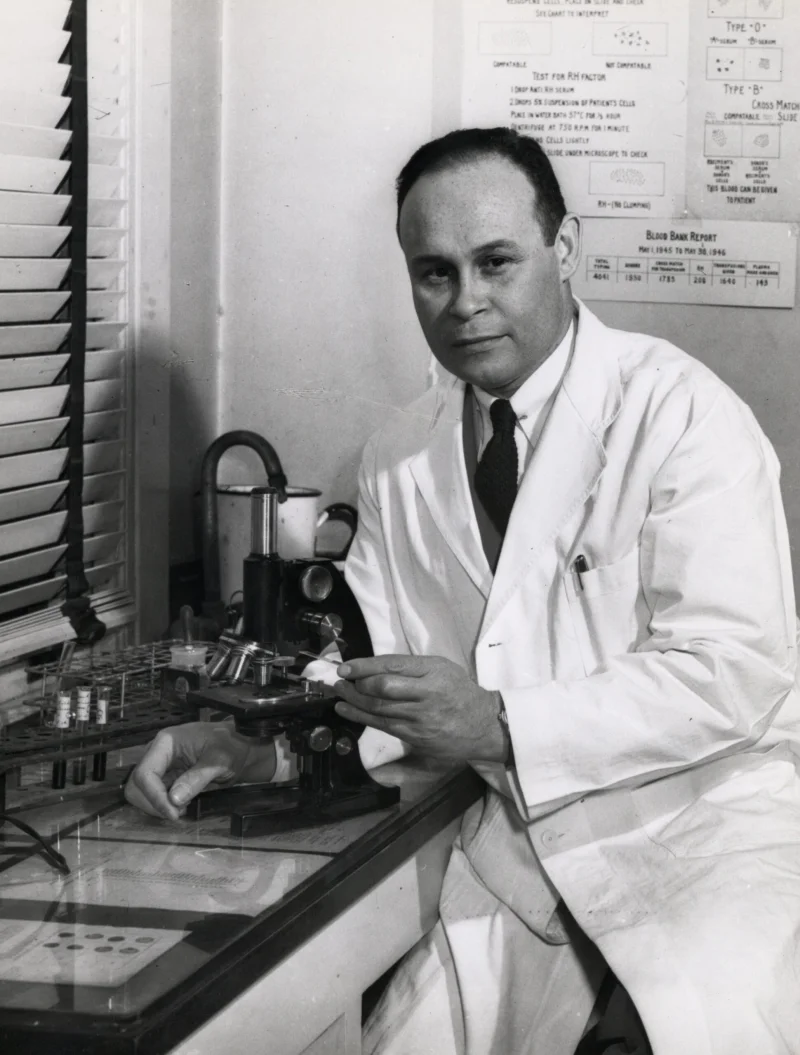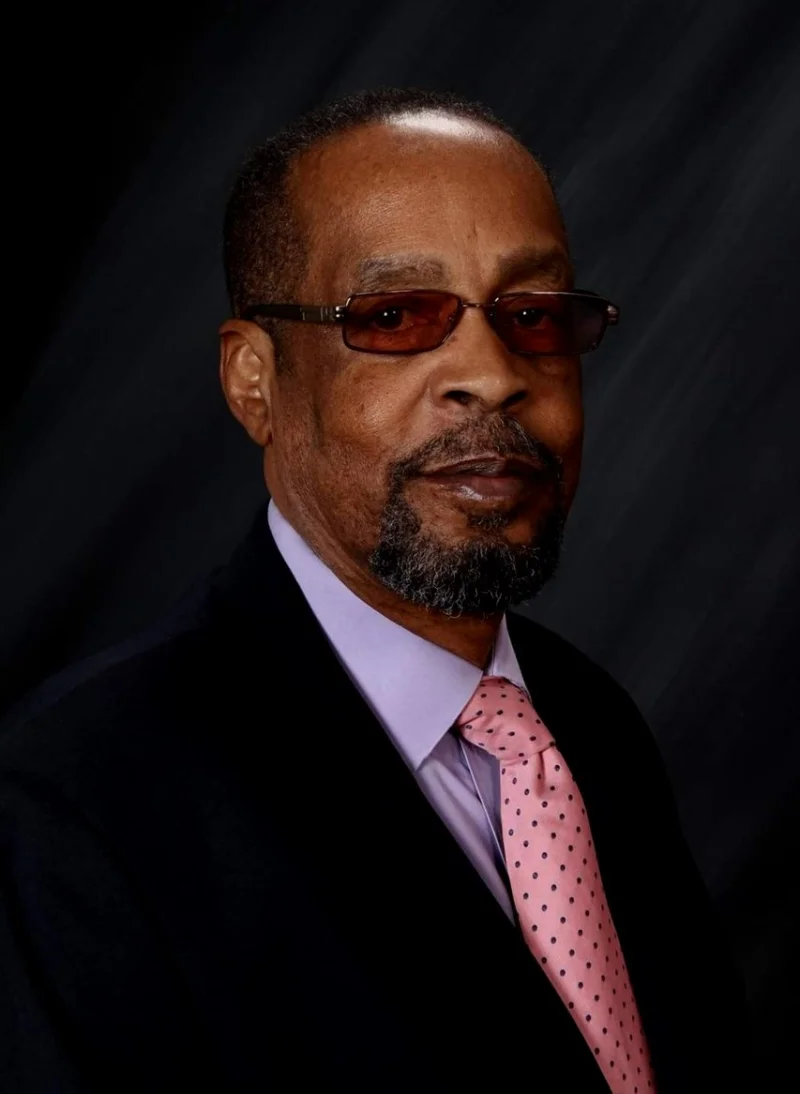Short Summary
Charles Drew was a pioneering African American physician and surgeon, renowned for his groundbreaking work in blood transfusions and the development of large-scale blood banks. His innovative techniques in blood storage and plasma preservation significantly advanced medical practices, particularly during World War II. Drew's contributions have earned him the title of the "Father of the Blood Bank," and his legacy continues to influence medical science and racial equality in medicine.
Early Life & Education
Charles Richard Drew was born on June 3, 1904, in Washington, D.C., into a middle-class African American family. His parents, Richard and Nora Drew, emphasized the importance of education and hard work. Drew excelled in academics and sports during his high school years at Dunbar High School. He attended Amherst College on an athletic scholarship, where he became an outstanding athlete and student. Drew went on to pursue medical studies at McGill University in Montreal, where he earned his medical degree in 1933. His early experiences and education provided a strong foundation for his future medical innovations.
Career Highlights
After completing his medical degree, Charles Drew began his career as a medical instructor at Howard University. He later joined the faculty at Columbia University, where he conducted research on blood preservation. Drew's work led to the development of innovative techniques for separating and storing blood plasma, which were instrumental during World War II in establishing blood banks that saved countless lives. He became the first African American to earn a Doctor of Medical Science degree from Columbia University. Drew also served as the medical director of the first American Red Cross Blood Bank, where he advocated against racial segregation in blood donation.
Major Achievements
- Developed large-scale blood banks: Drew's work allowed for the efficient storage and use of blood plasma during World War II.
- First African American to earn a Doctor of Medical Science degree: He achieved this milestone at Columbia University.
- Medical director of the American Red Cross Blood Bank: He was instrumental in organizing blood collection and storage.
- Advocated against racial segregation in blood donation: Drew fought to ensure that blood donations were not segregated by race.
Famous Quotes
- "Excellence of performance will transcend artificial barriers created by man."
- "A life lived for others is the only life worth living."
Interesting Facts
- Drew was an accomplished athlete, competing in track and field events.
- He was the first African American to be appointed an examiner for the American Board of Surgery.
- Drew's work led to the first blood bank program for U.S. Army and Navy personnel.
- Despite his contributions, Drew resigned from the Red Cross due to their policy of segregating blood donations.
- His pioneering work continues to save lives today through blood transfusion technology.
Legacy / Influence
Charles Drew's pioneering work in blood banking and transfusion has had a profound and enduring impact on medical science. His innovations saved countless lives during World War II and continue to be foundational in modern medical practices. Drew's advocacy for racial equality in medicine paved the way for future generations of African American medical professionals, making him a significant figure in both medical history and civil rights.
FAQ
Q: Why is Charles Drew famous?
A: He is famous for his groundbreaking work in blood transfusions and the development of large-scale blood banks.
Q: What was Charles Drew's major contribution to medicine?
A: His major contribution was the development of techniques for blood storage and plasma preservation, crucial for blood banks.
Q: Did Charles Drew face racial discrimination in his career?
A: Yes, he faced racial discrimination and resigned from the Red Cross due to their policy of segregating blood donations.
Q: What is Charles Drew’s legacy?
A: His legacy includes advancements in blood transfusion technology and advocacy for racial equality in medicine.











